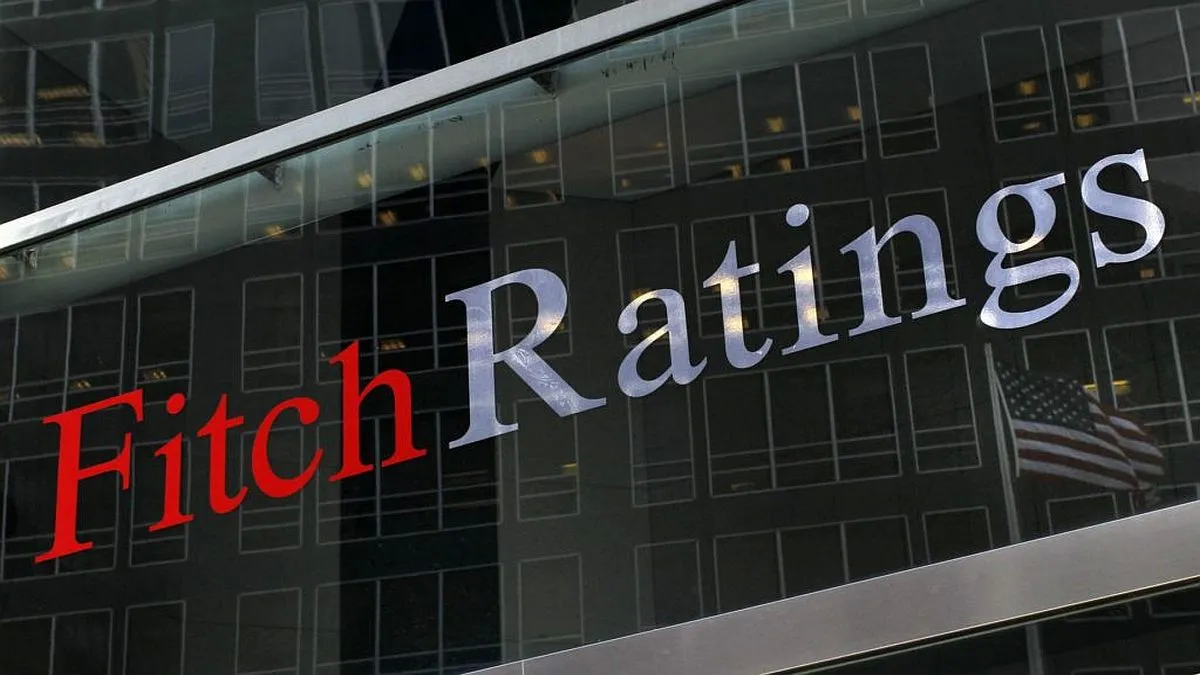The credit rating agency Fitch Ratings warned that the country’s fiscal framework faces “a new pre-electoral test” ahead of next year’s elections, considering that the government’s latest budget update foresees a larger fiscal deficit than previously expected.
fitch clarified that this correction is “consistent” with the agency’s expectations by improving the Uruguayan sovereign rating from BBB to BBB with stable outlook. However, the concern arises as “fiscal projections could be revised further in light of the continued deterioration in 2023,” the firm analyzed, while considering that “the country’s fiscal framework faces a test in the period leading up to the 2024 elections.”
This is how they echoed the update presented by the Ministry of Economy and Finance (MEF) in the Accountability, where a predicted fiscal deficit of 3.2% of GDP, compared to the previous forecast, which was 2.6%. Added to this were concerns about the deficit by 2026, which would reach 2.3% of GDP, above the 2.1% previously forecast.
These modifications bring the government’s fiscal projections closer to those used in the agency’s rating review, I analyze Fitch, which admitted that it anticipated that the country would face “fiscal challenges” linked to tax cuts, higher payments under PPP contracts, backward indexation of salaries and pensions, increases in social spending and the severe drought”, while they expect that “high capital spending will slow towards the end of the year.”
“The pressures are greater than expected,” Fitch analyzed
From the US agency they considered that “these pressures on the income and expense side are turning out to be greater than we expected.” Along these lines, they expressed their reservations since the fiscal deficit increased to 3.9% of the GDP in the 12 months to July 2023 from 3.2% in December, despite a 0.4% saving from the withdrawal of pandemic-related outlays.
At the same time, they mentioned in their evaluation the 30% increase in net debt due to the water emergency, as well as the decision to slightly expand the structural deficit projection, from 2.5% to 2.7% of the GDP. “This despite an upward revision of potential growth carried out by an independent committee of experts, which means that the production gap is now estimated at 2.2% instead of 0.8%,” the rating agency analyzed.
With all these variables, fitch analyzed that “the capacity of the authorities to reverse the current fiscal deterioration and avoid the pre-electoral fiscal slide that has characterized Uruguay in the past will be a new test for the updated fiscal framework.”
In that direction, they warned that “it is not clear to what extent the deterioration is cyclical versus structural (so likely to affect future results)”, when understanding “the combination of temporary impacts of the drought with tax cuts, indexation pressures and spending increases that will have longer lasting effects.”
Government decisions that were well regarded
Among the points in favor of the government, they highlighted that the creation of the Fiscal Advisory Council (CFA), although it did not comment on these issues, helped support the improvement of the fiscal credibility of Uruguay.
To this they added the approval of the social security reform in the Parliament, although they clarified that “it has an insignificant fiscal impact until the 2030s, so it is not decisive for compliance with the fiscal rule.” However, the firm admitted that “it was an important driver of our sovereign improvement, as it demonstrates a stronger commitment to fiscal responsibility than in previous years, when pension rules were relaxed.”
Source: Ambito




